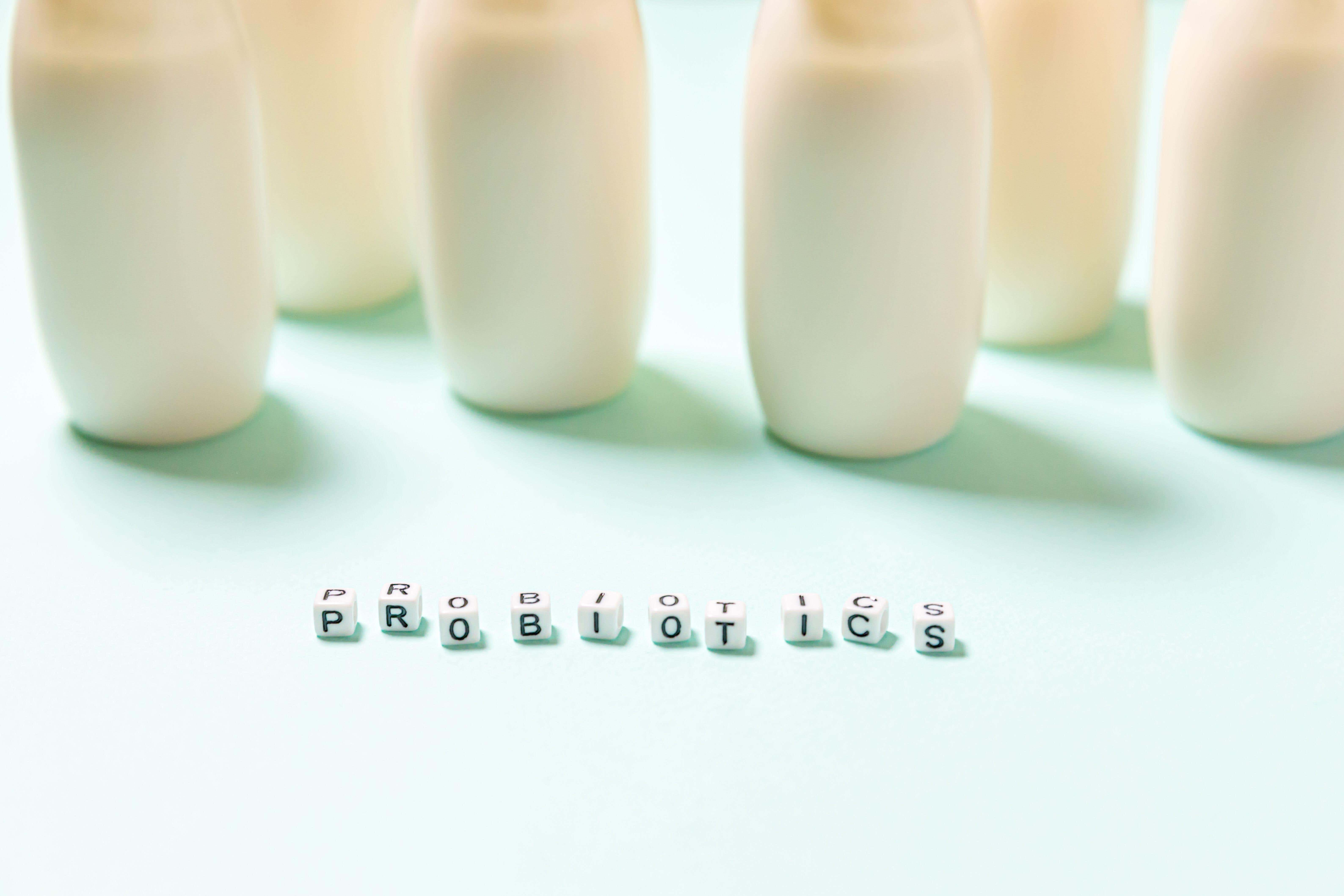Probiotics may help treat people with depression taking antidepressants – study
Research suggests that microorganisms living in the gut have a role to play in the regulation of mood.

Your support helps us to tell the story
From reproductive rights to climate change to Big Tech, The Independent is on the ground when the story is developing. Whether it's investigating the financials of Elon Musk's pro-Trump PAC or producing our latest documentary, 'The A Word', which shines a light on the American women fighting for reproductive rights, we know how important it is to parse out the facts from the messaging.
At such a critical moment in US history, we need reporters on the ground. Your donation allows us to keep sending journalists to speak to both sides of the story.
The Independent is trusted by Americans across the entire political spectrum. And unlike many other quality news outlets, we choose not to lock Americans out of our reporting and analysis with paywalls. We believe quality journalism should be available to everyone, paid for by those who can afford it.
Your support makes all the difference.Taking good bacteria in the form of a probiotic blend can help people with depression who are being treated with antidepressants, new research suggests.
The study, led by the Institute of Psychiatry, Psychology & Neuroscience (IoPPN) at King’s College London, indicates the potential of probiotic supplements to support improvement in depression and anxiety measures over an eight-week period.
Research suggests that microorganisms living in the gut have a role to play in the regulation of mood.
The findings of this pilot study are an important step forward in our understanding of the role of probiotics in mood and mental health
The pilot study looked at whether using probiotics to improve gut health could be a new method of supporting mood and mental health.
Probiotics are live bacteria and yeasts promoted as having various health benefits.
They can be added to yoghurts or taken as food supplements, and are often described as good or friendly bacteria.
Professor James Stone, the study’s senior investigator who began the work at King’s IoPPN and is now at Brighton and Sussex Medical School, said: “Non- or partial response to antidepressants is a huge problem and this study is an important first step in exploring the therapeutic potential of probiotics as a treatment for depression.
“We found that probiotics were an acceptable and tolerable supplement in people already taking antidepressant medications.
“This now paves the way for studies looking at whether we see these beneficial effects of probiotics on depression and anxiety in larger populations of patients.”
In the study, 49 adults diagnosed with depression and with an incomplete response to prescription antidepressants were provided with a widely available, proprietary 14 strain blend probiotic supplement or an identical placebo (24 receiving the probiotic).
The researchers found that over the course of eight weeks, both groups demonstrated improvement in their symptoms.
However, greater improvements were seen in the probiotic group from week four onwards.
According to the study, meaningful reported improvements were seen, measured against gold standard rating scales for depression and anxiety.
Dr Viktoriya Nikolova, the study’s first author from King’s IoPPN, said: “The gut-brain axis is a truly fascinating and rapidly evolving area of microbiome research.
“The findings of this pilot study are an important step forward in our understanding of the role of probiotics in mood and mental health.”
The research, conducted in partnership with ADM Protexin, part of ADM, is published in the Jama Psychiatry journal.